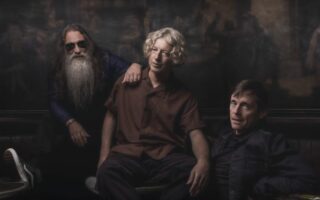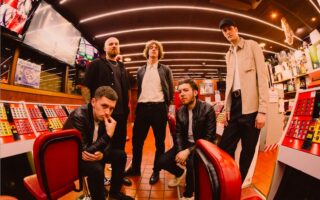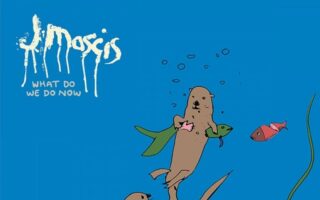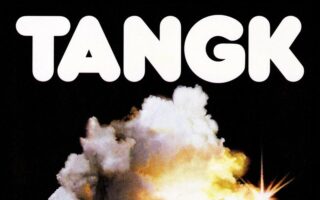Don Letts is a busy man. Filmmaker, DJ and host of a BBC 6Music Show, the spectacularly dreadlocked veteran began curating his Turtle Bay podcasts in 2017, each one a uniquely themed look at Reggae, the Jamaican music exported to the world which has been the soundtrack to a life spent as a first-generation black British citizen during a time of huge social change.
The 63-year-old first introduced punk to reggae and vice versa as a DJ at the infamous Soho venue The Roxy in 1976, and went on to be a member of the ahead-of-their-time outfit Big Audio Dynamite with former Clash man and long-standing friend Mick Jones, but today he’s in the midst of having his boiler repaired. It’s a slice of the mundane which, for the next half-an-hour or so, is pushed to the back of a conversation that spans podcasting, pop, politics and punk as well as his role as an innovator and role model which growing up he admits he never had.
“It’s a hustle,” explains the effusive Londoner, “but it’s a creative hustle!”
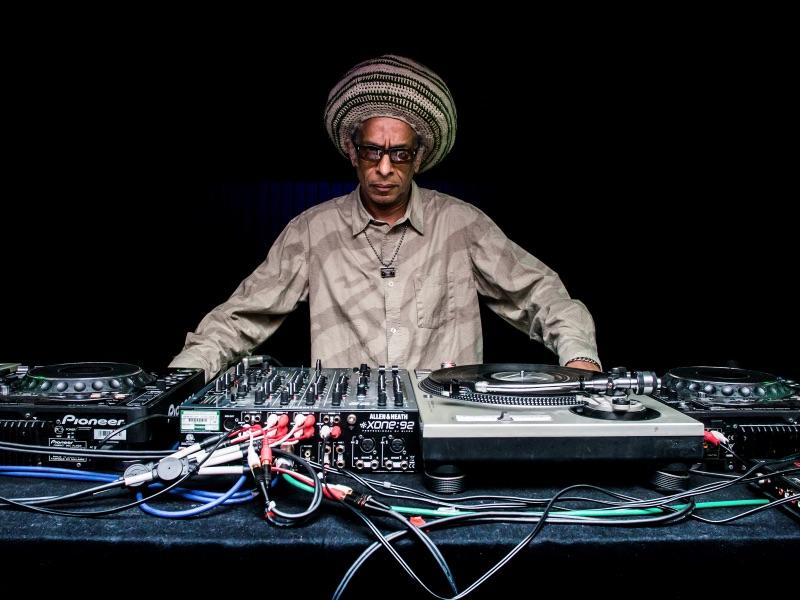
You’ve just released your latest Turtle Bay podcast. For those people who haven’t heard one of them, what’s the idea?
When I was first invited to do them I said I wanted to have a different approach to a ‘normal’ podcast. I didn’t want to have a situation where people were just talking for an hour, so they’re not dialogue-based, they’re more like music documentaries, or mixtapes, which is something I used to do back in the late-seventies for people like The Clash, the Pistols and even Patti Smith.
There’s something totally refreshing about them being so music-led.
For me, any excuse to turn people onto new sounds. I give a bit more context and information obviously – this isn’t just a playlist – but as they’re just an hour long, there’s only so much background you can talk about. They’re built to last though, not to be disposable and, unlike some other podcasts, they’re meant to be something people can go back to time and time again.
Do you have a specific audience in mind when you’re putting them together?
Yeah…me! I don’t want that to sound selfish because it’s not, but I’ve found that doing it like that is the only way I can operate. It’s just like my radio show, I hand pick the songs and don’t play a tune I don’t like. If that resonates with 75% of the listeners, winner. Ultimately, it’s about taste – luckily, I got some!
What do you want people to take away from them?
I’d like to encourage them to dig further. It may be that there’s lots of the material they’ll be familiar with, but if they’re new to the genre I’ve tried to explore lots of different aspects, and then from that point it’s up to them to pick up the ball and run with it.
The last episode for instance focused on covers, with versioning of acts like The Beatles, Joy Division and even Nirvana.
I think what I was trying to show with those selections is that Jamaicans don’t live in a bubble; they’ve been listening to things from around the world since the early sixties – there’s even Bob Marley on there doing What’s New Pussycat.
And this wasn’t just a one-way thing.
No. The sonic experiments being created in Jamaica then are now part of the fabric of popular music. That’s testament to the cultural exchange that took place between Jamaica and the world.
How about now? What’s the state of British reggae in 2019?
For me, there are a lot of artists taking it into the future, people The Skints, Hollie Cook or Gentleman’s Dub Club, but as I said before, the influence of Jamaican music extends far beyond specifics – just consider Massive Attack for instance, who’re heavily influenced by the whole sound system culture. The same is true of the UK Grime scene now: a lot of MC’s will have parents or older siblings who were into the vibes created by bass culture and sound systems.
More broadly than that, most of the content played on commercial radio can have its roots traced back to aspects of Afro-Caribbean music in some way.
It’s all a testament to Jamaica’s gift to the world: bass! I don’t have a scientific answer why, but bass seems to connect people to each other and internally connects us to the planet. I always thought that if the earth was going to make a sound, it would be bass.
We also had a look at one of your DJ sets recently and the audience seems to be very young and cosmopolitan. Is reggae’s cross generational appeal to you a surprise?
Not at all. I’ve seen it grow from Millie Small’s My Boy Lollipop into something truly global. This sound system culture can be found almost everywhere and I get to travel the world meeting dub heads and bass warriors from Poland and Russia to South America – we’re talking about a phenomenon, unfortunately it’s just not on MTV.
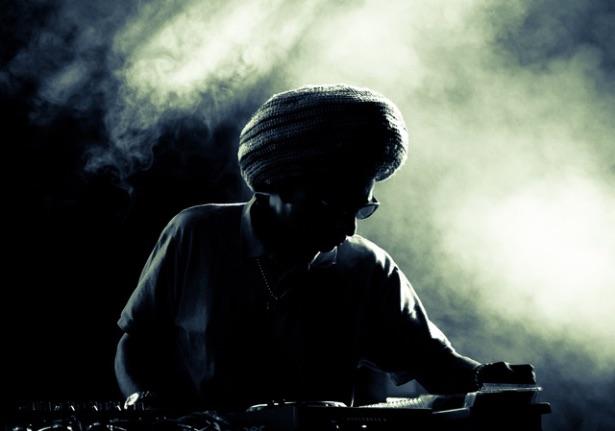
There are a lot of genres not served very well by MTV…
If you didn’t know and based on lack of presence in that medium, you’d assume that bass culture was a niche thing. It’s anything other than that.
Given its exposure and its history, particularly in the late 20th century, do you feel that reggae and music more fundamentally still has a role to play politically?
I grew up on music that helped you be all that you can be and wasn’t just there to sell you stuff. Music can entertain you, but it can also be a genuine tool for social change, inspiring people. There are still some people out there who understand its power to change lives, but they’re not the ones you’re gonna see on TV right now. It’s all a bit emperor’s new clothes; if you’re mediocre and you’re not saying anything, then you’re gonna get pushed to the front of the queue. A lot of music in this century’s just become a soundtrack for passive consumerism.
What about those who are making music that challenges the status quo but are being prevented from recording or performing by the authorities? Is that censorship?
You can’t silence the artist, but for me the artist has to acknowledge their responsibility. Equally though, you can’t just blame them for issues which are part of wider societal problems. Part of art is to inform, respond and react and in that context. Movements like drill for instance are as relevant as anything that’s out there.
Finally, we were really interested in a comment you made saying that ‘reggae got nothing from punk but exposure’. As someone who was right on the frontline of that twin revolution, what was the dynamic?
People like The Clash, Public Image and The Slits took reggae on board and it informed what they did. For me, it was testament to the power of culture that they and others chose to push things forward and brought people closer together, which was important then, but it’s more important now more than ever.
Culture is a continuum…
I think that there are people out there who are appreciating it and taking things forward, and some that are exploiting it, trying to monetise it. As Joe Strummer once said: ‘You always need to have your bulls**t detector finely tuned’.
Our time is up. Don’s boiler has been fixed. His thoughts are turning to a schedule that includes trips to Paris and Tokyo visiting exhibitions where the assemblage pays testimony to the positive embracing of new ideas which so obviously is his philosophy and way of approaching life. These excursions allow him to carry on soaking up new experiences and, by extension, maintain a wide perspective on his art and society.
It’s a hustle alright, but isn’t everything?


